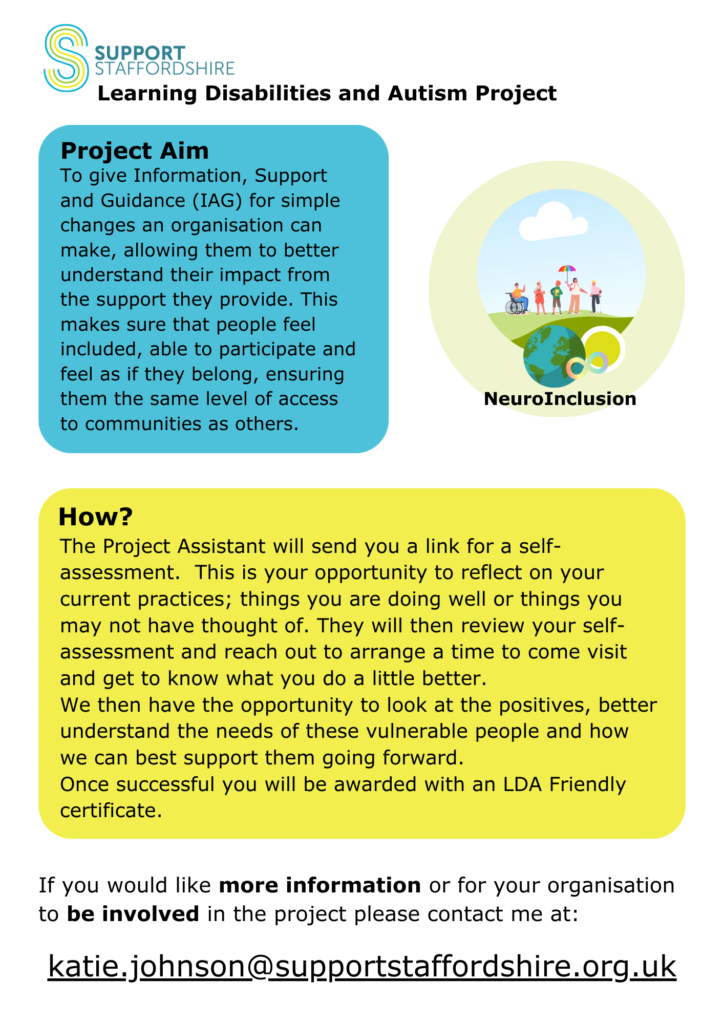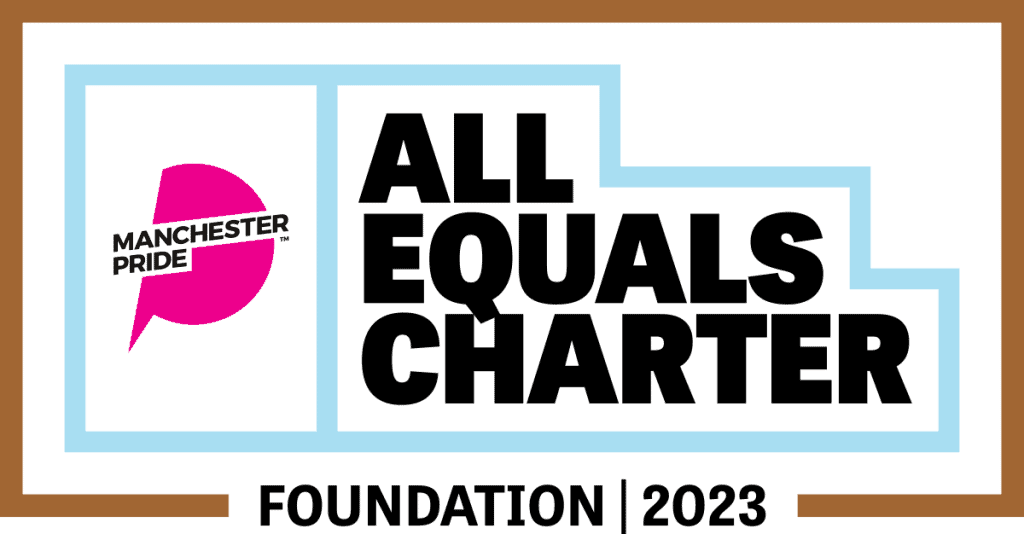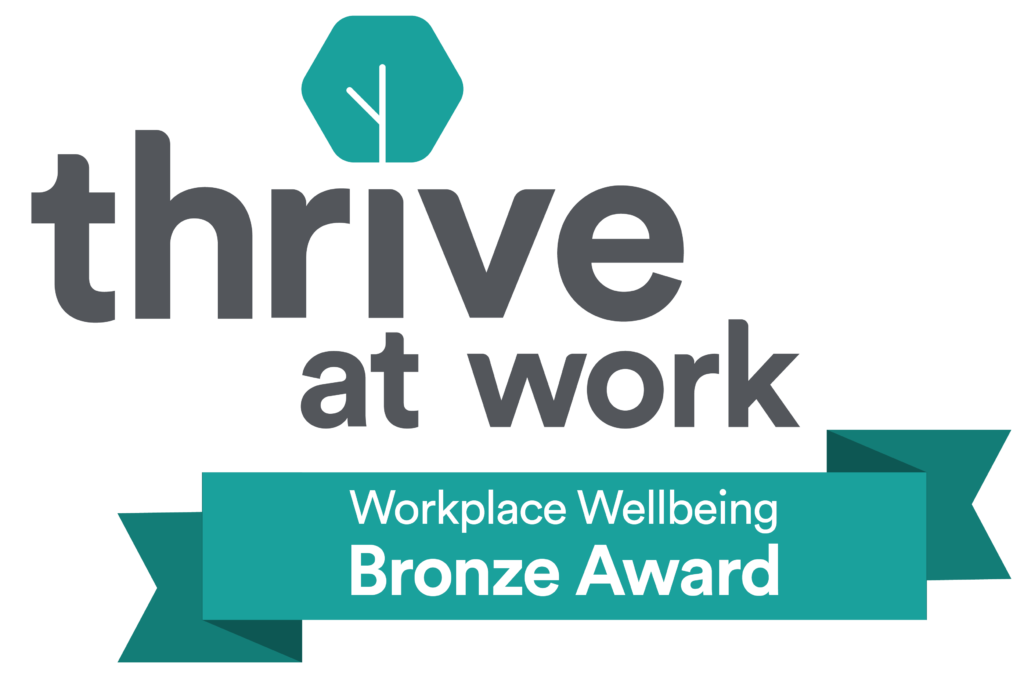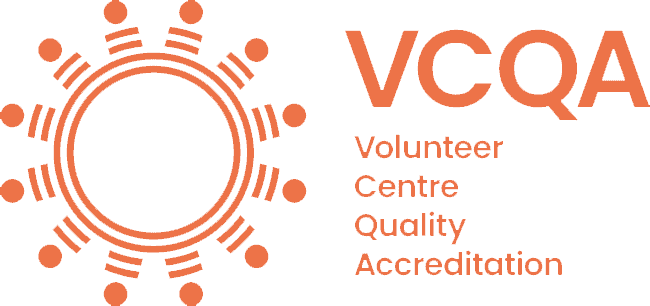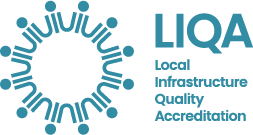Neurodiversity has a beautiful side; creativity weaves throughout the world, crafted by the brilliant minds of those who think differently. When embraced, accepted, and allowed to flourish, it blooms into greatness, enriching our lives and communities.
However, when neurodiversity is suppressed, it breeds isolation, self-hatred, and destruction. In the true irony of black and white thinking, it’s naturally each end of the extreme.
(Black and white thinking is where individuals perceive situations in extremes—either all good or all bad, with no middle ground. This type of thinking can co-occur with neurodiversity, leading to rigid mindsets that hinder understanding and acceptance of the complexities of life.) yes, I did just info dump.
Not to say those who are neurodiverse can’t function in society, it’s just that many resort to masking—a powerful yet exhausting tool. Masking allows neurodiverse individuals to present themselves in a socially acceptable way, often at the cost of their authentic self. This constant facade can lead to feelings of inadequacy, impacting on their self-worth and self-esteem.
Neurodiverse individuals are already susceptible to mental health issues, the co-occurrence rate of anxiety and depression is high, not to mention issues with dopamine regulation and the amygdala on top. All these things only further exacerbate these feelings, creating a cycle of self-doubt and despair. The outcome of feeling perpetually ‘not good enough’ can lead to burnout, withdrawal, and a deeper sense of isolation.
Society has to change, but how do we do that?
Support Staffordshire pioneered change in the interview process to actively recruit an expert by experience, to hire someone they knew would have needs and require adaptions, extra time, extra help, extra support. But they knew they needed to, so they made a change, they shared most of the interview questions, they shared a pre-visit sheet, showing how to get to the interview by several means of transport, showing pictures of the building, the meeting spot, the people they would be greeted and interviewed by. They did what they could to alleviate anxiety and allow the candidates to give their best interview in their own way to showcase their talents and the uniqueness they bring to the table.
They got me, and I know I can be hard work; I’m forgetful, I’m often late, I despise admin and put things off, but they accept me, they accept that I’m not doing it on purpose and allow me to stumble over my own barriers and hurdles in my own time, in my own way, which allows me to produce work that has a valuable impact on our communities.
In true neurodiverse fashion, I fear I am being big headed so I will share the words of others,
“Your work has a real impact on what we do“
-Very cute Christmas card from Preet Chandy, Senior Social Prescribing Link Worker

Perhaps I should actually introduce myself.
My name is Katie Johnson, I’m the project assistant for Learning Disabilities and Autism with Support Staffordshire. I was put in post in April 24 and since then I have been on a wonderful journey throughout Staffordshire. My role is to provide support, Information, Advice and Guidance and sometimes just a listening ear for groups and organisations in the voluntary sector in Staffordshire and Stoke-on-Trent. which is a big block of land to get through, so bear with me if I haven’t reached out yet.
I made a video to show the importance of making small changes, please have a watch 🙂
I started coming out into the community in September and I’ve met some truly wonderful people, I’ve visited groups already championing inclusion, I’ve spoken with organisations that have shown me new gaps we need to consider and fill which has helped me to produce further work based on need. It’s also helped me to understand new neurodiverse perspectives of need that occur in the voluntary sector which helps to grow my own understanding.
The real beauty of the voluntary sector is most of these groups and organisations already want to do right by their clients no matter their neurotype, sometimes it just takes understanding a different perspective to ignite that lightbulb moment that fuels progress. As I said at the start, when neurodiversity is embraced, allowed and accepted it blooms into greatness.
If your organisation would like more information on taking the steps to open their doors a little wider reach out to me at:

